|
ABSTRACT:
TBA |
Nuclear Physics Seminar Tuesday, April 30, 2024 3:30 PM Gibson Hall, Room 211 Note special room. |
"Recent Progress Toward the LDMX Experiment"Jessica Pascadlo , University of Virginia [Host: Craig Group]
ABSTRACT:
TBA |
High Energy Physics Seminar Wednesday, May 1, 2024 4:00 PM Dell 2, Room 100 Note special time. Note special room. Join Zoom Meeting Meeting ID: 996 9237 0066 |
|
ABSTRACT:
TBA |
Atomic Physics Seminar Monday, May 6, 2024 3:30 PM , Room Dell 2 Building, Room 100 Note special room. |
|
|
Nuclear Physics Seminar Tuesday, May 7, 2024 3:30 PM Gibson Hall, Room 211 Note special room. |
|
ABSTRACT:
TBA |
High Energy Physics Seminar Wednesday, May 8, 2024 4:00 PM , Room TBA Note special time. Note special room. |
|
ABSTRACT:
TBA |
Colloquium Friday, September 20, 2024 3:30 PM Gibson Hall, Room 211 Note special room. Zoom Link: |
|
ABSTRACT:
TBA |
Colloquium Friday, September 27, 2024 3:30 PM Clark Hall, Room 107 Note special room. Zoom Link: https://web.phys.virginia.edu/Private/Covid-19/colloquium.asp |
To add a speaker, send an email to phys-speakers@Virginia.EDU. Please include the seminar type (e.g. Seminars and Colloquia), date, name of the speaker, title of talk, and an abstract (if available).
 Physics at Virginia
Physics at Virginia